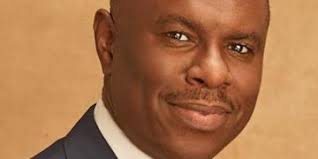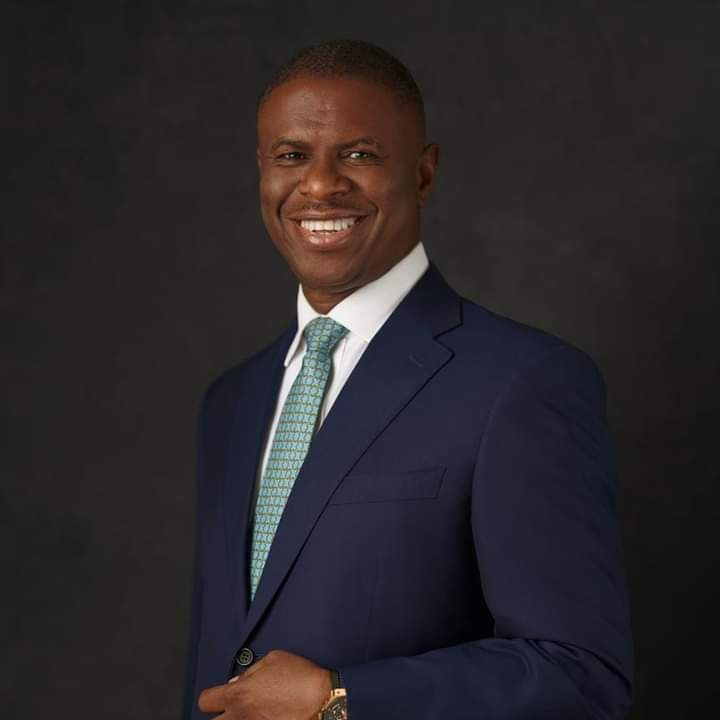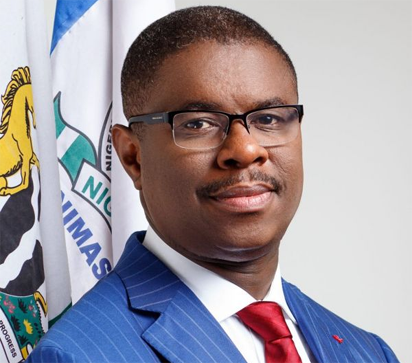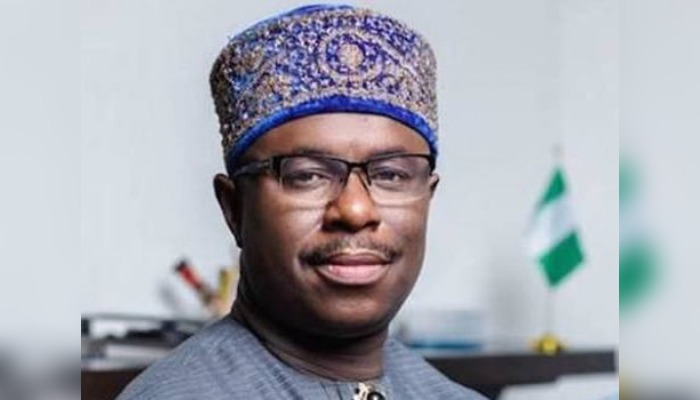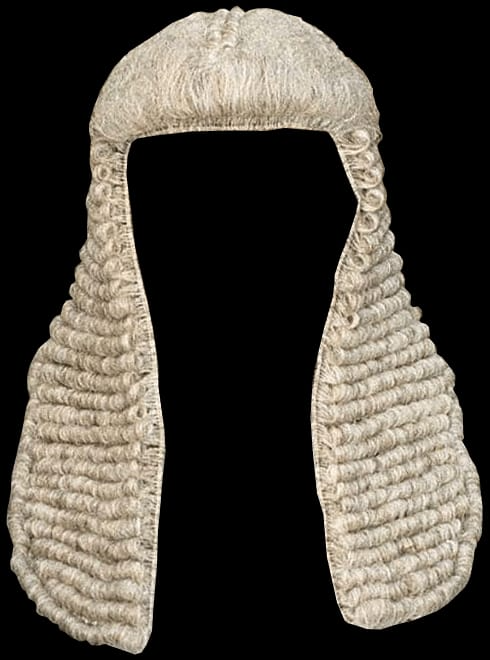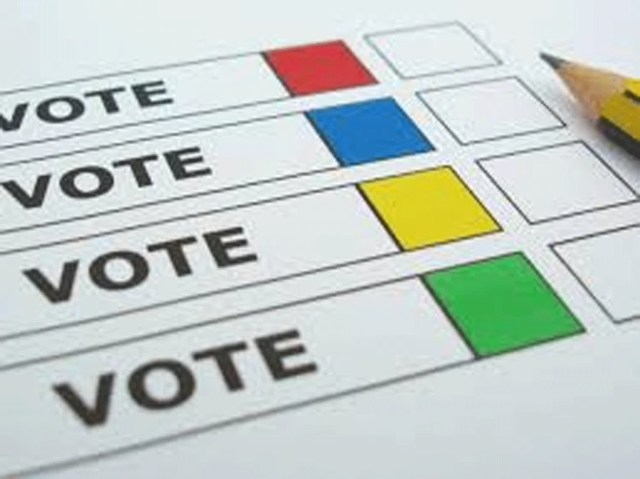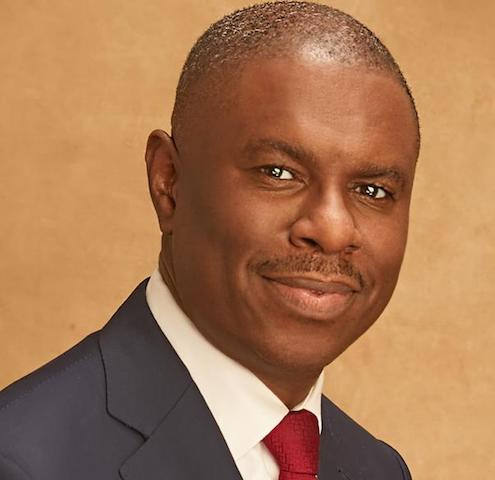Democracy thrives on transparency, accountability, and the rule of law. The legislature, as the guardian of democratic governance, plays a crucial role in lawmaking, budget approval, and oversight. These functions ensure that government policies align with the public interest, resources are allocated equitably, and the executive remains accountable. However, legislative corruption, particularly the exchange of money …
